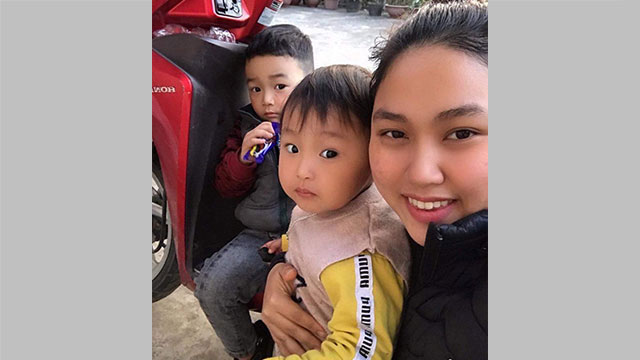Thuong made it as far as Haneda Airport, then fled shortly before the scheduled departure. He says he was desperate to stay in Japan.
The organization that set up his internship told NHK that it decided to send him back to Vietnam because the company that hired him said he caused too much trouble in the workplace. But Japanese law says placement agencies that arrange technical internships for foreigners cannot force them to return home. It also says that if trainees cannot continue an internship for any reason, the organization is responsible for finding them placements elsewhere. The agency that arranged Thuong’s internship has admitted it failed to do so.
Thuong later received help from the Japan Vietnam Mutual Support Association, a Tokyo-based non-profit organization that supports Vietnamese people in Japan. They helped him find work at another firm last December.
Yoshimizu Jiho, the head of the JVMSA, says Thuong’s case is not rare, and she expects the problem to increase once coronavirus-related travel restrictions are eased.

Reasons behind “forced return”
A senior official with a placement agency says the main reason for the “forced returns” is that the procedure for re-assigning foreign trainees is “cumbersome.” The official spoke to NHK on condition of anonymity and said extensive paperwork and bureaucratic red tape mean it takes at least two months to introduce a trainee to another firm. During this period, the agency must shoulder all expenses for the trainees, including rent.
The government enacted a law in 2017 to protect foreign trainees from “forced returns.” And the official says his company has stopped the practice. But he says he knows of many other firms that are getting around the regulations by manipulating the paperwork.
“Placement agencies fill out documents to suit their needs,” the official says. “And the government cannot do anything if there are no problems with the paperwork. In the end, vulnerable trainees will still face difficulties, and forced returns will continue."
Ibusuki Shoichi, a lawyer who supports foreign technical trainees, is calling for the government to thoroughly vet these organizations.
“In Japan, foreign trainees are seen as ‘convenient foreigners,' who will return home in several years,” he says. “The government cracks down on trainees who remain in Japan after escaping the internship program. But it turns a blind eye to the ones being forced to return home.”

